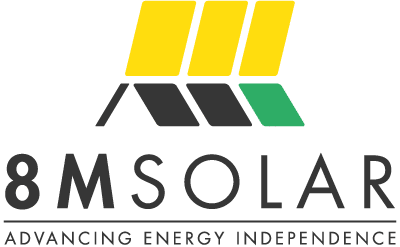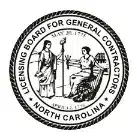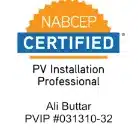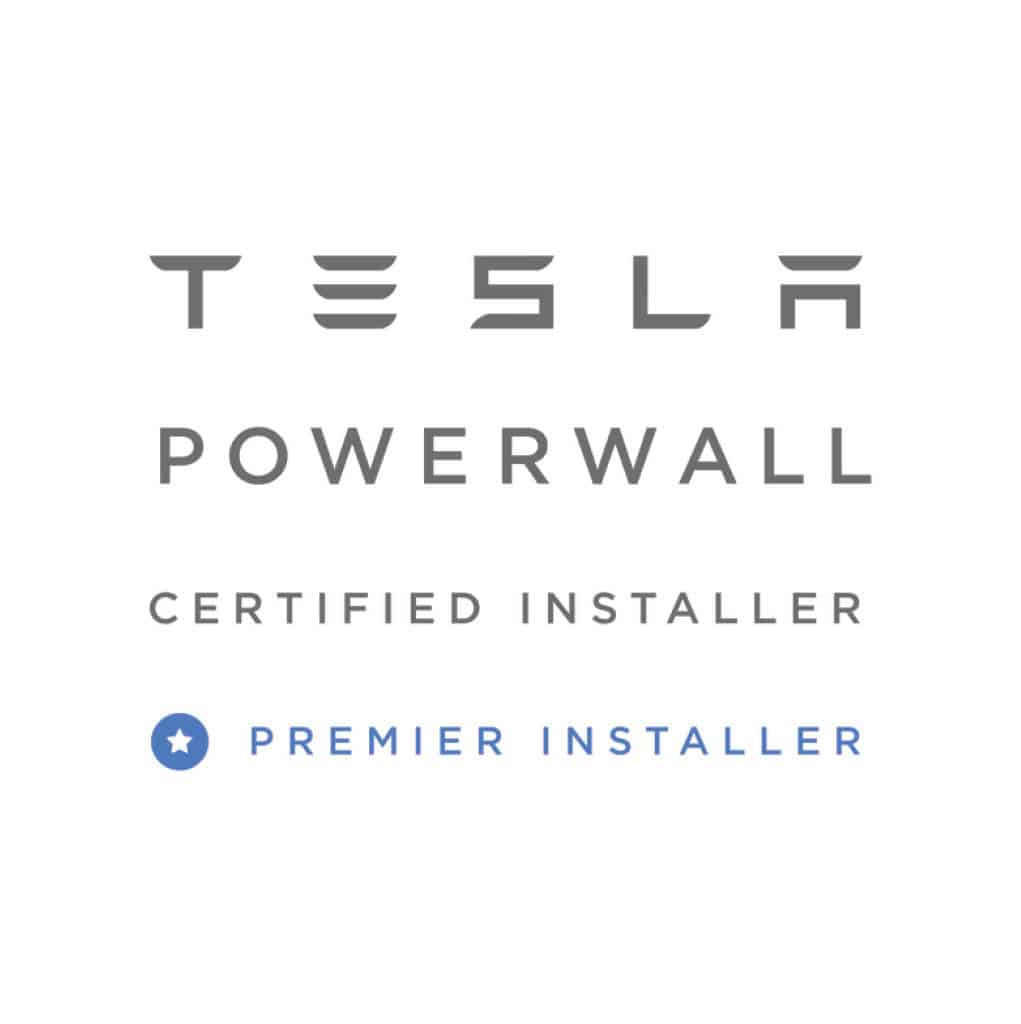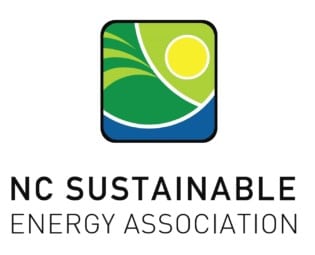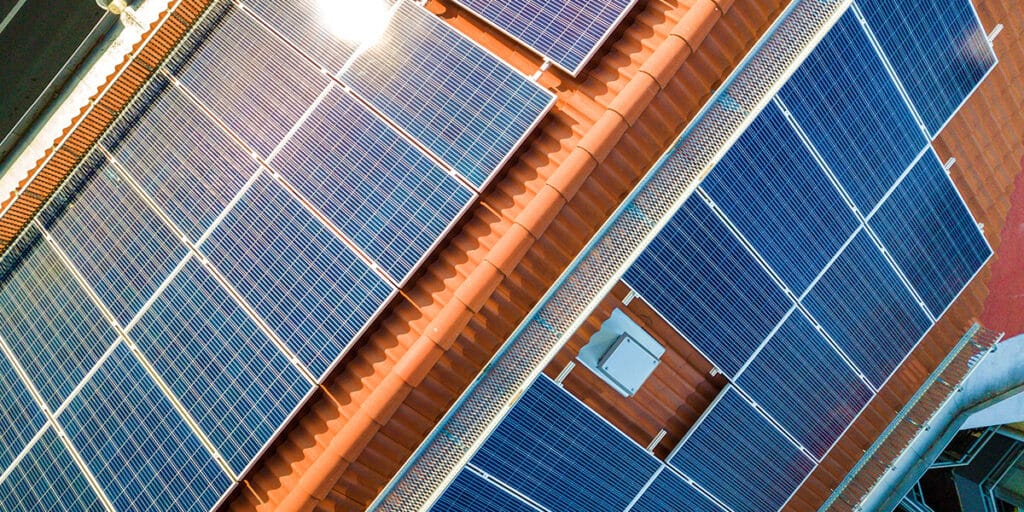
At this point, you probably know that solar power is a beneficial choice for the environment and your finances. You might be interested in transitioning to solar energy, but you wonder if solar is feasible with your house. Read on to learn more about solar panel requirements and if solar energy is right for your home.
Is My House a Financial Fit for Solar?
One of the first concerns for adding solar to your house is finances. Down the road, solar energy will save you money on your electricity bill, but getting started might be slightly different. These are the two solar financing options that you could qualify for:
- Purchase: An outright solar purchase means you qualify to buy the entire system. You’ll see immediate savings on your electricity bill, and you’ll be eligible for tax incentives and rebates.
- Loan: With fair or excellent credit, you may qualify for a solar loan where you can pay for your panels over time. You’ll also be eligible for a tax credit, incentives and other benefits.
To understand what you qualify for financially and if solar is right for you, you’ll need a solar panel installer to provide an assessment.
Is My House a Good Candidate for Solar?
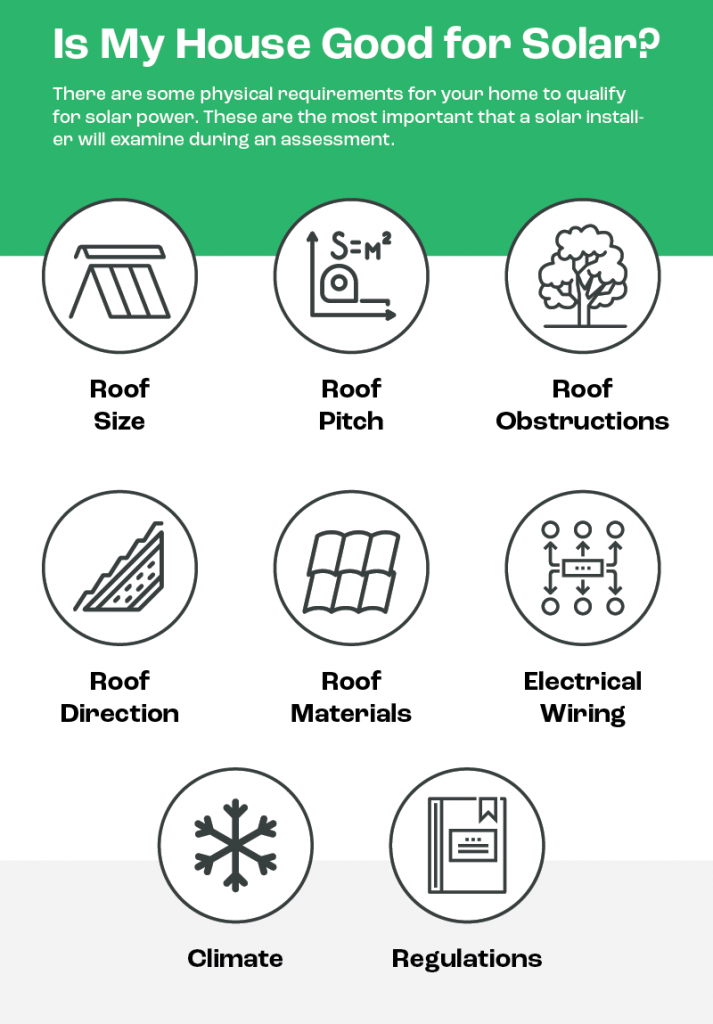
There are some physical requirements for your home to qualify for solar power. These are the most important that a solar installer will examine during an assessment.
Roof Size
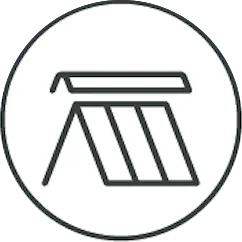
Your roof needs enough space for solar panels to fit, so a sizeable wide-open roof usually works. You’ll also want a space without chimneys or vents that might block sunlight.
However, if you don’t think you have enough room on your roof, you might be surprised. Sometimes it’s possible to install fewer higher-efficiency solar panels that can fit in smaller spaces. Vent relocation can also free up valuable space on your roof for solar power generation. 8MSolar’s licensed engineers will be able to determine if this is necessary upon evaluating your home.
Roof Pitch
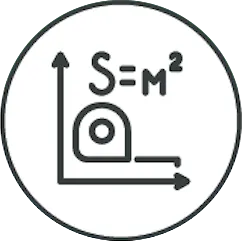
The roof pitch is the angle of your roof, and it can affect whether or not you can mount solar panels on your roof. The pitch on most standard roofs in the U.S. is about 30 to 45 degrees, which is also the optimal angle for solar panels, so your roof pitch most likely qualifies. A steep roof may reduce electricity production, but you can counter this by installing more solar panels. Typically, steeper roofs produce relatively more power in winter and slightly less in summer and vice versa for lower-pitched roofs!
Roof Obstructions

You need the maximized amount of sunlight hitting your roof to generate electricity. Chimneys, vents, pipes and even trees can obstruct sunlight and reduce efficiency. Some obstructions can be moved if it seems like they’d cause significant problems, but you also should remember that a little shade during the day is okay.
Roof Direction
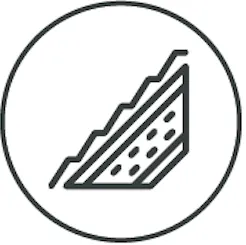
A south-facing roof is ideal for solar panels since it’ll receive the most direct sunlight. If you have an east- or west-facing roof, your home can still produce a large amount of power from a well-designed solar PV system. East- and west-facing roofs can often get enough sunlight to make around 75% of the power of a south-facing system with a quality design.
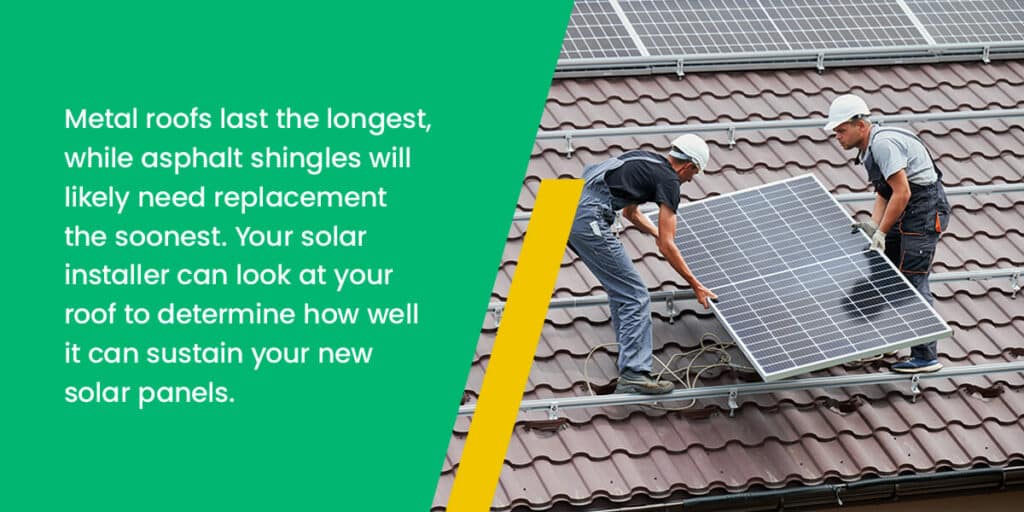
Roof Age

Depending on the age of your roof, you may need to replace it before installing solar panels. You don’t want to install solar panels just to find out you’re due for a roof replacement, requiring you to pay to remove and reinstall your solar panels.
When you need to replace your roof depends on several factors, including your home’s location and roofing materials. Metal roofs last the longest, while asphalt shingles will likely need replacement the soonest. Your solar installer can look at your roof to determine how well it can sustain your new solar panels.
You can feel free to move forward with your solar installation if you have a relatively new roof. The solar panels will add an extra layer of protection, shielding your roof from the elements and helping it last longer.
Roof Materials
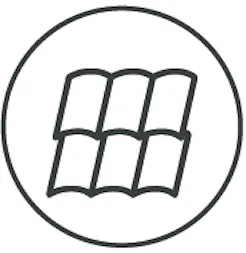
You can install solar panels on nearly any kind of roof material, but wood or slate roofs may be more brittle, making installations a little more complicated. Luckily, you can still get solar panels, though you may have to find an installer with specialized equipment to ensure they can install your system correctly without damaging your roof. 8MSolar specializes in all types of roofs for residential and commercial solar installations and can provide you with the best mounting solution for your roof.
Electrical Wiring
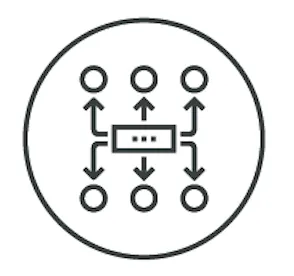
Since solar panels are installed to create electricity, you need good electrical wiring. 8MSolar installers follow industry best wiring practices that meet local electric codes. NC professional engineers review all our electric designs to give you the highest quality solar wiring for long-lasting, efficient performance.
Location

Where you live can have a significant impact on solar production. Local climates that receive less sunlight will produce less electricity, and overcast locations can have reduced efficiency. But even if you live in a cloudy city, you can still benefit from and qualify for solar. Energy rates vary from city to city, but some cloudy cities have great rates, making solar power ideal.
North Carolina is ideally situated for solar, with excellent amounts of sunshine with minimal cloud cover. Sunlight is available throughout the year, with more sunny days than cloudy ones. Sunlight is constant throughout North Carolina, making it an excellent state for solar, even in the mountains where solar potential drops a small amount!
Regulations
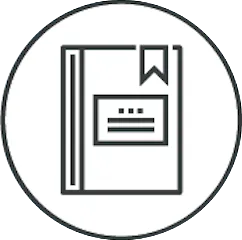
The area where you live could have local regulations about solar power that can affect your eligibility for solar. One to pay attention to is a homeowners association (HOA). HOAs can sometimes regulate the installation of solar panels. In this situation, your solar installer can help you work with your HOA and get your installation in order. The 8MSolar team can guide you through your local regulations and utility requirements.
Getting a Solar Assessment
Ultimately, the only way to know if you qualify for solar is to get a solar assessment from a licensed solar provider. Your surveyor can tell you how many panels you need and where you can install them. They’ll also be able to help you negotiate with an HOA, determine pricing and identify any potential upgrades required.
While we can gladly help with any solar inquiries, our partner Artisan Quality Roofing best answers detailed roofing questions. Feel free to contact them here to get your roofing questions answered!
Determine How Solar-Friendly Your Electric Utility Provider Is
Your electricity provider is one of the most critical factors affecting your solar switch. Utility companies can set their own rules regarding how you connect your solar system to the grid and how they can credit you for the energy your panels produce. How your utilities handle the interconnection can significantly affect your solar system’s viability.
The different electric utility interconnection options include:
- Net metering: Net metering is one of the best ways to connect your solar system to the grid. The electric company will buy the excess electricity your solar system produces and credit the payment to your account, helping you pay for future bills. If you produce more electricity than you use, you can roll credits to the next month, offsetting your utility costs.
- Sell-excess or net billing: Sell-excess, also known as net billing, is similar to net metering, but your electric company buys your excess electricity at a reduced wholesale rate rather than the retail rate. If your electric company uses sell-excess interconnection, you should work with a solar installer to design a system minimizing the excess solar you send back to the grid, allowing you to maximize your investment.
- Buy-all-sell-all: Of all interconnection types, buy-all-sell-all is the least appealing. Utility companies using this method require you to sell all excess energy back to them at a low resale rate while customers still purchase electricity at the regular retail rate.
The method your utility company uses will influence what you have to do to maximize your investment value. For example, solar owners with a utility company that requires buy-all-sell-all would be better off installing a solar battery to store their excess energy rather than selling it back to the grid. If your utility company utilizes net metering, you can make a significant return on your investment by selling your excess energy back to the electrical company. Your solar installer can help you find the best method to help you get the most out of your investment.
8MSolar Is Here to Help
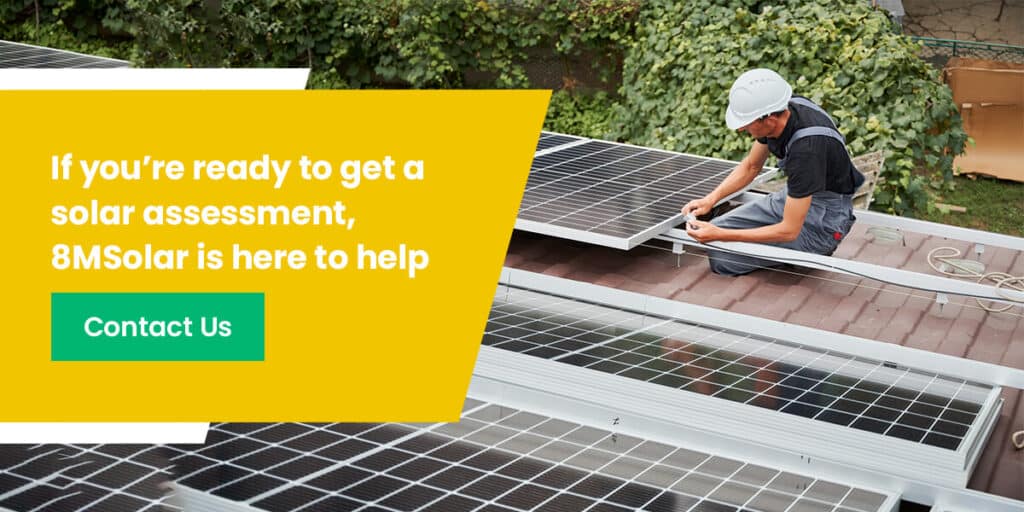
If you’re ready to get a solar assessment, 8MSolar is here to help. You can schedule a free virtual inspection today to get started. We’ll help you through each step of the process for assessment, installation and more.
Our solar inspectors and experts know your area and are prepared to help you find the best way to make solar work for your home. Contact us today to see if your home qualifies for solar.
**This post was last updated on November 18th, 2022**
